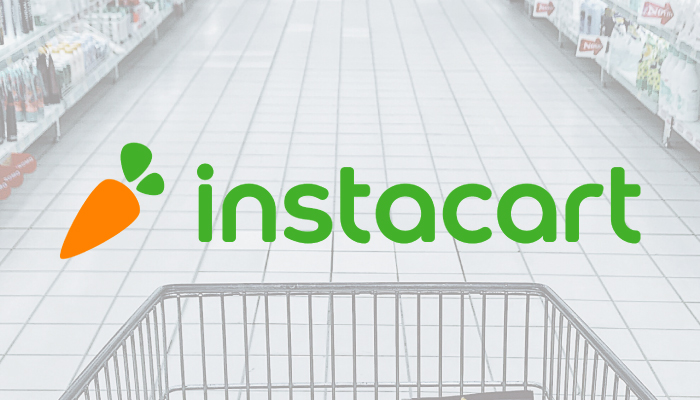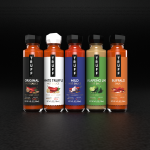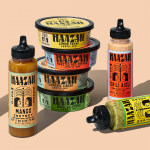Instacart Shareholders Claim It Overstated Growth Potential In Class Action Suits

Instacart is facing a pair of lawsuits from disgruntled shareholders seeking to recover damages for losses incurred after the online shopping platform allegedly knowingly exaggerated its growth prospects and made “materially false and misleading statements” in documents tied to its initial public offering in 2023.
The first class action, filed in California federal court last Thursday by shareholder Andy Dean Stephens, alleges that Instacart’s executive management, led by CEO Fidji Simo, downplayed the severity of competition from operators like DoorDash and Uber within the expanding grocery delivery market.
Attorneys for Stephens argue that during the 13-day proposed class period ahead of the IPO, Instacart concealed “adverse facts concerning (its) business and financial condition” while simultaneously touting the company’s ability to “drive strong growth” for retailers.
The San Francisco-based grocery delivery company filed for its IPO on August 25, and completed the offering on September 19, priced at $30 per share or a valuation of roughly $10 billion.
As noted in the suit, Instacart’s fragile competitive position wasn’t revealed until Reuters published a follow-up article in September. By October 2, research firm Gordon Haskett had filed a complaint regarding Instacart’s alleged misrepresentation, which resulted in share prices falling an additional $2.73.
This morning, a second class action was filed that contained similar allegations against Instacart for making “materially false and misleading statements regarding the Company’s business, operations, and prospects” during the Class Period.
Having experienced massive growth during and immediately following the height of the COVID-19 pandemic, Instacart’s recent performance has been mixed. The company beat expectations in its most recent earnings report, its first since going public, and has partnered with the U.S. Department of Health and Human Services to support the agency’s “Food is Medicine” agenda, but recently received public backlash after promoting AI-generated food images and recipes on its social channels.

















